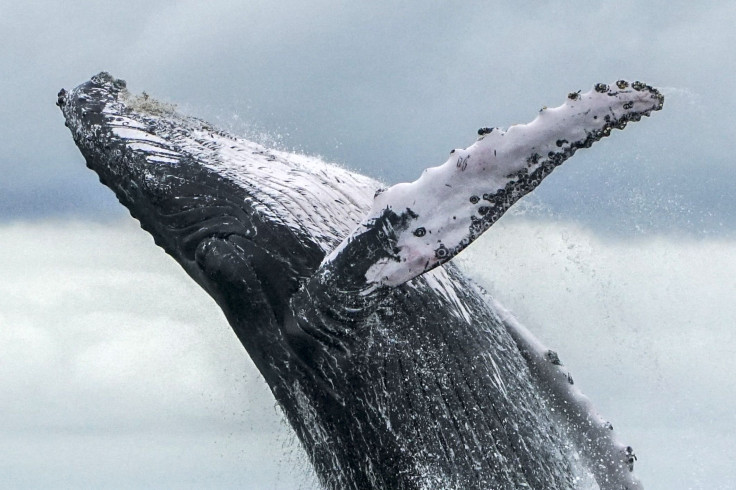New Fossils In Peru Prove Earliest Whales Around America Walked On Land

On the heels of fossils discovered that may be from when dinosaurs died, another fossil has been discovered that may shed some light on the evolution of one of Earth’s oldest mammals.
A new set of fossils have been found in the Pisco Basin, along the southern coast of Peru, that point to an ancient species of quadruped whales that existed on land and sea, according to a report from the scientific journal Cell.
Previous finds, focused around India and Pakistan, uncovered a species referred to a Cetaceans and were widely considered the progenitors to modern whales and dolphins. However, compared to the size of most modern whales, the Cetacean fossils found pointed to four-legged creatures that were the size of dogs.
These aquatically capable creatures initially spread out from Southern Asia, taking millions of years to spread around the world into the hippos and whales commonly known today.
However, this new discovery highlights the distance traveled by these mammals as they spread across the globe and solidifies what area of the Americas these early whales settled first.
Previously, the youngest of these whale fossils were found on the eastern side of North America, leading scientists to believe North America was the first area of the "New World" they reached.
This new fossil was discovered to be older than the previous North American fossils, proving that South America was the first place these land-capable whales reached first.
Titled Peregocetus Pacificus, or the "traveling whale that reached the Pacific," shows that after traveling from South Asia to North Africa, these whales crossed the Southern Atlantic. Reaching the western coast of South America, Peregocetus is now the oldest species of whale to make it to the Americas. That also means that when they arrived, these whales still retained the ability to walk on land.
Ultimately, Peregocetus would join other Cetacean species to split and become the whales or dolphins humans recognize today.
© Copyright IBTimes 2024. All rights reserved.





















